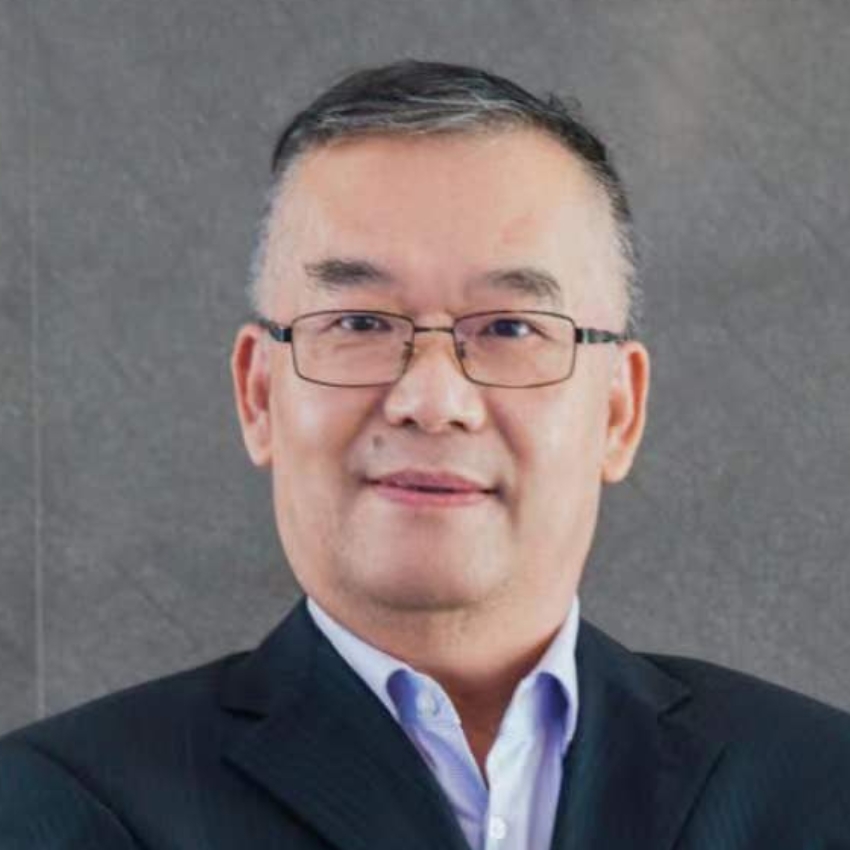
Dean, Education Development Higher Research Institution of The Greater Bay Area, South China Normal University; Changjiang Distinguished Professor, Ministry of Education
Professor Lu Xiaozhong is Changjiang Distinguished Professor of Ministry of Education, Leading Talent of Social Science of the Thousands Talents Program, and the awardee of the ‘Four Batches of Talents Award’ by the Publicity Department of the Central Committee of the CPC. A recipient of the Special government allowance from the State Council, Professor Lu has won the title of ‘Outstanding Social Scientist of Guangdong Province’. He is also a member of the National Graduate Education Steering Committee, Steering Committee for Guidance in Teaching in Higher Educations Institutions, Academic Committee of China Association of Higher Education and many more.
Professor Lu is currently the Dean of Education Development Higher Research Institution of The Greater Bay Area, and Doctoral Advisor at South China Normal University.
New technologies such as big data, the Internet of Things (IoT), cloud computing, and so on have resulted in tremendous advancements in forecasting methodologies and tools. They have increased the predictability of the future. Meanwhile, such technological advancement has rendered the prediction of objects more uncertain and unpredictable.
We have made our steps into the so-called times of VUCA (Volatility, Uncertainty, Complexity and Ambiguity) in the face of a multitude of challenges in the environment, health and international relations, etc. How do we adapt to and respond to such an era? This is a question of the times and a question for the world.
Education is oriented towards the future, and so today's education is geared toward nurturing the talents of tomorrow. The future of education can be considered in two directions: adaptability and leadership.
The adaptability aspect mainly refers to nurturing talents with the ability to adapt to the present or the future. Whether the adaption is oriented towards the present or the future, such adaptation is certain. When the present is traceable and unambiguous, the future likewise entails ‘a society of presumed existence’ that is deterministic or high in certainty. In this regard, schools cultivate adaptability in students on the presupposition that the future is of certainty.
As for the leadership aspect, it places greater emphasis on the uncertainty of the future with infinite possibilities of educational development. In this sense, the schools could be nurturing talents for a non-existing future, an unknown world, or an uncertain future full of endless possibilities. We need to nurture a new generation capable of proactively dealing with an uncertain future and ultimately creating a brighter one. Young individuals who possess this leadership quality are those who are contributing to the creation of a brighter future.
As a result, this has led to an educational paradigm shift from an adaptable to an innovative model that emphasises the development of students' creative and critical thinking skills.
